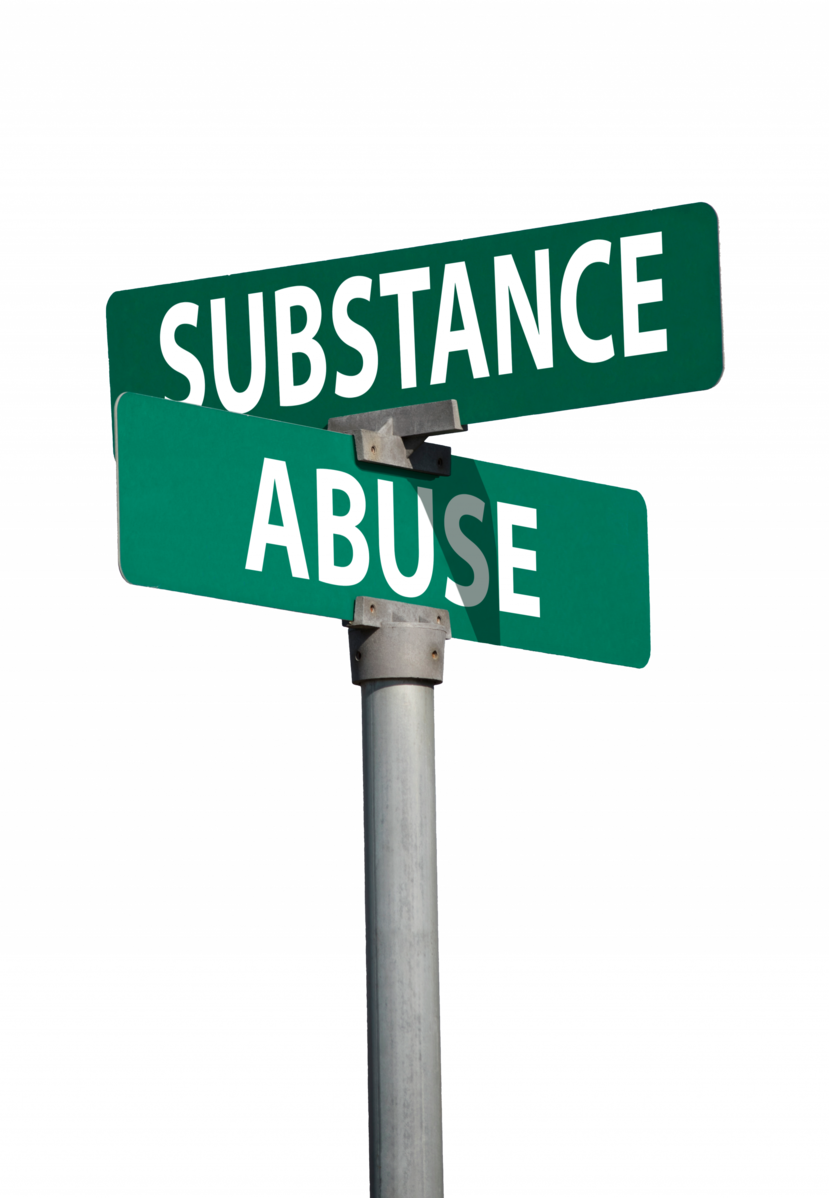There is HOPE when facing Substance Abuse Disorders:

Dr. Miguel A. Soto: Champion of Change and Advocate for Marginalized Communities Dr. Miguel A. Soto is a passionate and dedicated Clinical Social Worker whose commitment to promoting social justice and providing clinical care to vulnerable populations is unparalleled. Dr. Soto's journey in social work began with... more
In the evolving landscape of substance use disorders, we are witnessing an unprecedented crisis that transcends individual suffering to impact entire family systems and community structures. As a Clinical Social Worker with extensive experience in addiction treatment, I've observed firsthand how substance dependency creates complex ripples throughout our social fabric, particularly with the emergence of highly potent synthetic opioids like fentanyl.
Understanding the Modern Addiction Crisis
The contemporary drug epidemic presents unique challenges unprecedented in previous decades. Synthetic opioids, particularly fentanyl, have revolutionized the threat landscape of substance use. To contextualize this, fentanyl is approximately 50 times more potent than heroin and 100 times more potent than morphine. This exponential increase in potency has led to a dramatic surge in overdose fatalities, with the CDC reporting that synthetic opioids are now the leading cause of drug-related deaths in the United States.
The Family System Impact
Drug addiction operates as a systemic disease, affecting not just the individual but entire family units. Research indicates that for every person struggling with substance use disorder, an average of four to six family members are directly impacted. This impact manifests in various ways:
• Deterioration of family relationships and trust
• Financial instability and economic stress
• Increased risk of mental health issues among family members
• Intergenerational trauma and patterns of addiction
• Disruption of normal family development and dynamics
Community-Wide Implications
The societal impact of drug addiction extends beyond individual families to affect entire communities. This includes:
1. Economic Impact:
• Increased healthcare costs
• Lost productivity
• Strain on social services
• Criminal justice system burden
2. Social Impact:
• Community safety concerns
• Reduced property values
• Increased homelessness
• Strain on educational systems
The Fentanyl Crisis: A New Level of Concern
The emergence of fentanyl represents a paradigm shift in addiction risk. Its presence in the illegal drug supply chain has created unprecedented dangers:
• Cross-contamination in other substances
• Increased risk of overdose due to potency variations
• Challenges in accurate dosing
• Resistance to traditional overdose reversal methods
The Path to Recovery: Hope Through Treatment
Despite these significant challenges, it's crucial to emphasize that recovery is possible and begins with a single step. Evidence-based treatment approaches have shown remarkable success rates when individuals receive appropriate support and intervention. The journey to recovery typically involves:
1. Professional Assessment and Evaluation
2. Medically Supervised Detoxification (when necessary)
3. Individual and Group Therapy
4. Family Systems Intervention
5. Cognitive Behavioral Therapy (CBT)
6. Dialectical Behavior Therapy (DBT)
7. Ongoing Support and Aftercare
Taking the First Step
The decision to seek treatment represents the most crucial step in the recovery journey. While the path may seem daunting, professional support systems exist to guide individuals through each stage of recovery. At The H.O.P.E. Institute, we understand that addiction is not a moral failing but a complex disease requiring comprehensive treatment approaches.
Conclusion
The current drug addiction crisis, particularly with the emergence of fentanyl, presents unprecedented challenges to individuals, families, and communities. However, through evidence-based treatment approaches and professional support, recovery is not just possible but achievable. The journey begins with acknowledgment and the courage to seek help.
For those struggling with substance use disorders or their loved ones, remember that help is available. Treatment options exist, and recovery is possible with the right support system and professional guidance.
References and Resources:
• National Institute on Drug Abuse (NIDA)
• Substance Abuse and Mental Health Services Administration (SAMHSA)
• Centers for Disease Control and Prevention (CDC)
• American Society of Addiction Medicine (ASAM)
For professional support and consultation, contact The H.O.P.E. Institute at www.hopeworldinstitute.com









